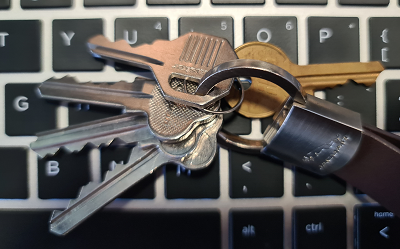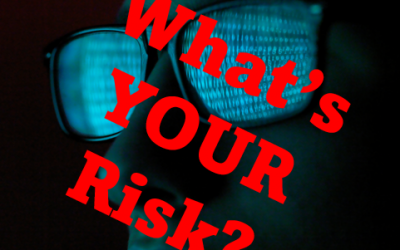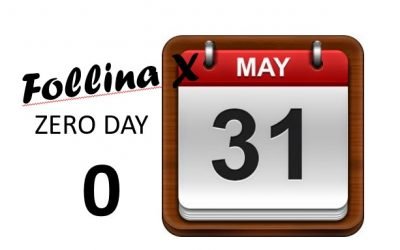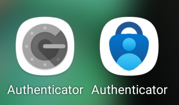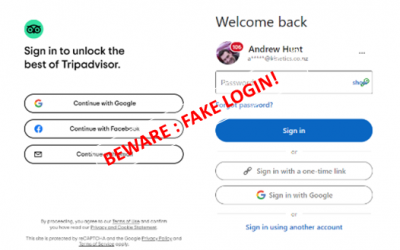Your own personalised stalker
It always seemed slightly creepy that your computer shows advertising that is strangely accurately targeted at things you might have been interested in. On the surface, that seems quite useful. If you have to tolerate ads on your screen, at least having them show things you were interested in seems helpful.
Instead, we wonder how the system knows. It feels like a breach of our privacy.
It all starts when you install an app, and it pops up a question asking for permission to use your location, and/or your camera and/or your microphone.
This is useful for advertisers. For example, they can use your location. If the app reports this back to the content provider, they can match up your location and compare you to other people nearby. If you tend to go to the same places as other people, you are probably interested in the same things, so an advertiser might use that assumption to present advertising to you, or other people that you spend time with.
That does sound a bit overreaching, but we reluctantly agree to the presented terms simply because we want to use the app. If that is a condition of use, and we want to use the app, then we agree.
So, now we are seeing consumers getting the choice to push back.
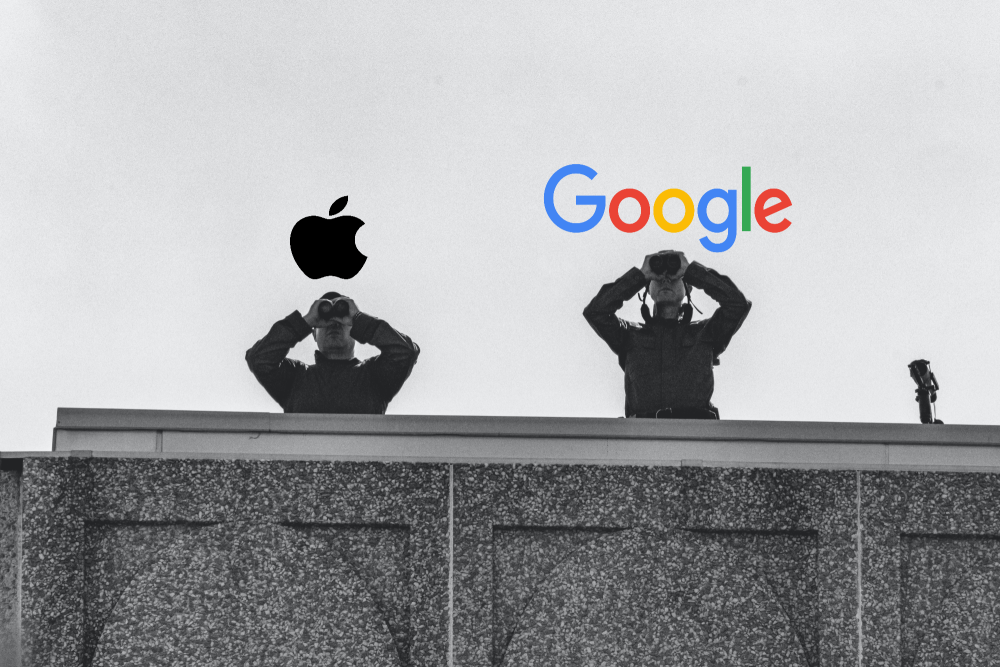
Apple
Now, with iOS15, Apple are saying that you will get to see what apps are accessing your data. You will be able to see when an app used that permission, and there it was sent to. Whether that list of third party sites is any use or not is meaningful is unclear.
Not quite as advanced but following quickly behind is Google Android. With Android 12, you will have the option to de-personalise your data. They will still track usage, but won’t link it back to you.
Is there any truth to the rumour that your phone or TV is listening to you, and presented content based on private conversations it overhears?
Given how poor the voice recognition is on phones , cars, or tools like Alexa or Siri, its pretty evident this can’t be reality. If it, is, then heaven only knows what it thinks it’s hearing. The voice recognition tools are getting better all the time, but there is a long way to go.
What can you expect if you get crypto-locked?
!Right now, there’s a crypto-locked server in the lab in our Kinetics Auckland Office. It’s not from one of our clients, but a business that’s come to us, after the event, asking for help. We are busy rebuilding it and restoring the data and configuration to the...
Are you meeting the requirements of your Cyber Insurer? (And are you minimising your risk anyway?)
Given the scale of cyber-attacks, we aren’t surprised to be hearing reports of insurers applying a "duty of care" test before agreeing to pay out. Despite sending chills up your spine, when you consider this, it makes sense as Insurers do the same thing to vehicles,...
3 billion devices are at risk. Does that include you? (it probably does)
An actively exploited high severity "zero day" cyber-security exploit has been found in the Google Chrome web browser. With over 3 billion users it will take some time for the update roll out to everyone. Meanwhile, everyone who uses Chrome on their PC is...
MFA is important, but it is no silver-bullet.
There are no silver bullets. No one can guarantee you won’t be hacked, but we can make it harder. We can reduce your cyber-risk by taking reasonable steps to make it harder to hack you. The key is to have layers of security, and to keep reviewing the technology in use...
Disaster at Kinetics
Sometimes, it feels like there is only bad news. All businesses face challenges with suppliers, our own people and even some of our customers. As managers, we work hard to get ahead of issues and create systems to mitigate problems, but there’s always something. ...
MS OFFICE ZERO DAY ATTACK – MAY 31st
One of the scariest news items to wake up to is that there is a ‘zero-day’ vulnerability in a common piece of software. That means that the hacking community has found an opportunity to hack a bit of software and there is no update yet – ‘zero’ days to apply a fix....
Beware – When Anti-Money Laundering (AML) CREATES a risk
That’s right. AML is not only frustrating to many of us, but it has also created cyber-risks. The irony isn’t lost on us. We’re honoured to support a large number of NZ law firms as clients, and it is a responsibility we take very seriously. Law firms handle such a...
Is MFA driving you mad?
Getting tired of having to open your phone for access? If so, you are not alone! But, its necessary. Hackers are counting on you suffering from an excess of having to reach for your phone to approve access, with something called “MFA Fatigue Attacks”.MFA Fatigue...
When QR codes go bad
Thanks to Covid, we’re all familiar with QR codes. Of course, with Covid, we were using the official tracer app to scan them, but in normal use, you can just use your phone’s camera to open the link. It’s a great way to make it easy to visit a website without having...
Is nothing safe? Fake logins!
Every day, there is a new cyber-threat to watch out for, and to warn friends and colleagues about. I’m frequently stunned when talking to friends and colleagues that these threats are abstract and academic. For the sake of absolute clarity, these cyber risks...

